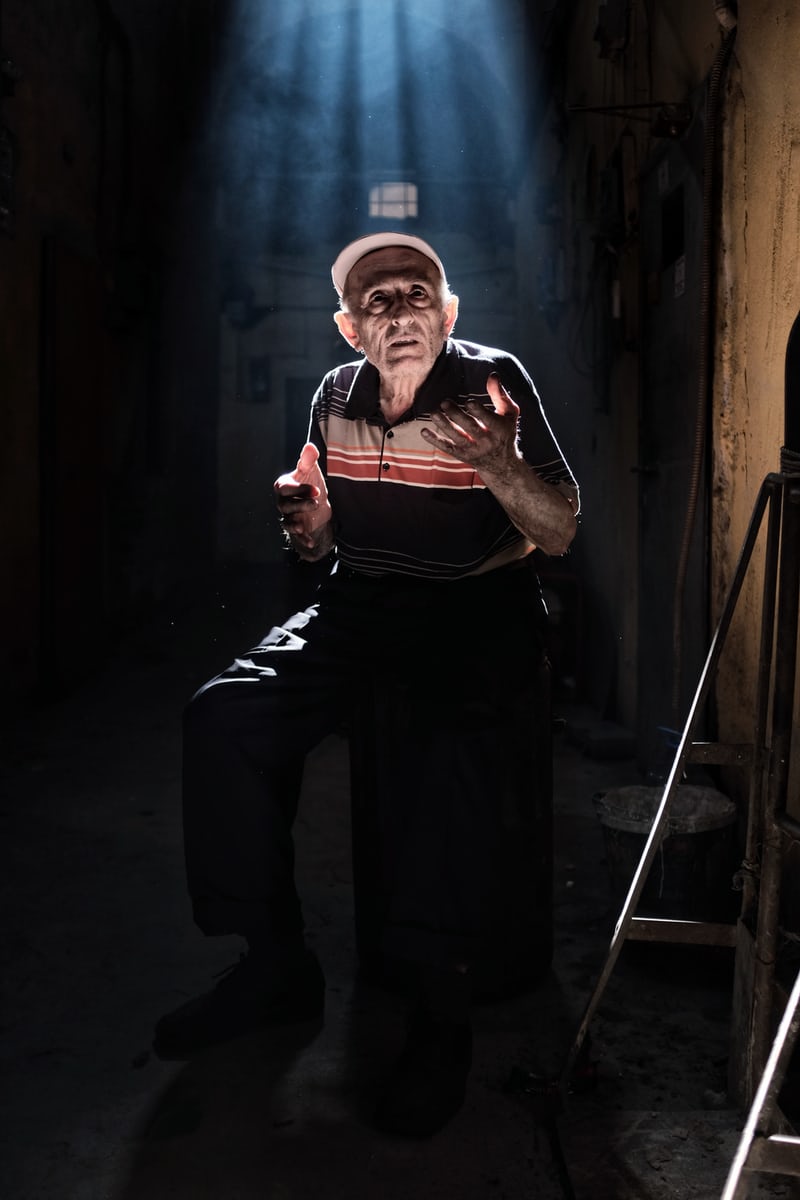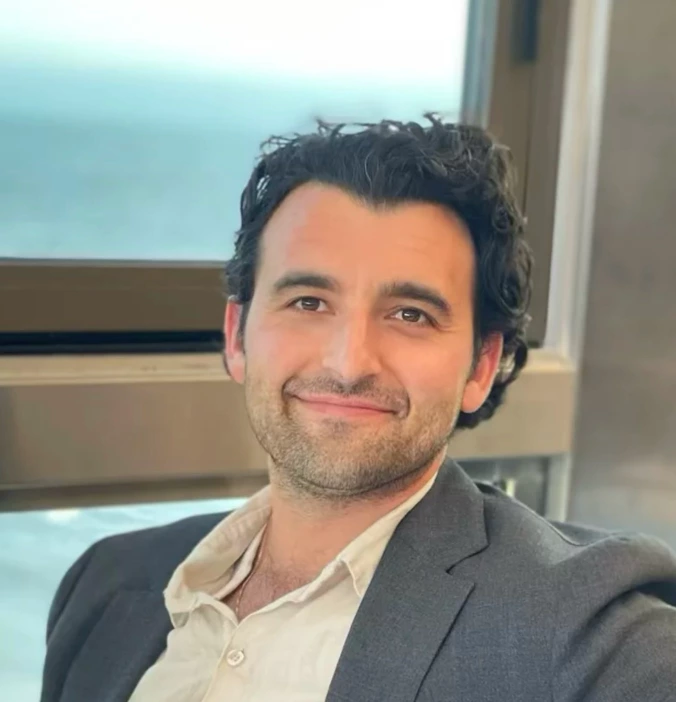In order to cultivate and champion more originality, innovation, and evolution of thought to create more collaborative and transformative opportunities and experiences, we need to understand how our common, default tendencies can undermine us. Without the intention, passion, and vision to pursue a better way forward, we will likely choose the path of least resistance.
This is the “clock in/clock out” mindset: a desire to uphold the status quo because it appears to be predictable and reliable, at least in the short term.
“Justifying the default system serves a soothing function. It’s an emotion painkiller: If the world is supposed to be this way, we don’t need to be dissatisfied with it. But acquiescence also robs us of the moral outrage to stand against injustice and the creative will to consider alternative ways that the world could work.”
Adam Grant, Originals, P. 7
We are all capable of the kind of original thinking that begins with “rejecting the default and exploring whether a better option exists” (Grant, p. 7). We just have to be WILLING to assert different perspectives with questions that pose different approaches to influence novel and useful outcomes. Moreover, the more it is common practice for multiple people in a group, on a team, and/or in an organization to exercise this curiosity and be rewarded for it, the more challenging the default can become part of a group’s culture to resist mediocrity and complacency.
“Originality involves introducing and advancing an idea that’s relatively unusual within a particular domain, and that has the potential to improve it.”
Adam Grant, Originals, P. 3
Formula for Turning Original Ideas into a Reality: Curiosity + Awareness + Courage
Curiosity is the purposeful act of wondering about the world. Curiosity involves asking “why do we do it this way?” Not to be judgmental nor critical but to better understand the historical context that led to this current reality. In some cases, there, at one time, was a valid reason for why it was done a particular way. However, often circumstances change that no longer validate the same standards, measurements, and approach, and yet “the way” stays the same in spite of its sub par experience because no one curiously asks WHY?
Awareness is what follows when we learn the answer to the WHY question(s). Why did we ever have a taxi cab business instead of individuals acting as independent contractors using their own cars to transport one another from point A to point B? The reason is quite obvious: In order for Uber to be born, it required the ubiquitousness of the smart phone.
Don’t just stop after you’ve asked the WHY questions. Use what you’ve discovered to change your AWARENESS of the relationships between reality as you know it, how it got there, and how it could be different. You can hone this awareness further by continuing to stay observant of the different aspects of your reality (personal and professional life) that you interact with, as opposed to just accepting your circumstances as fixed, laws of nature.
Courage is essential to take action and share your compelling point of view for how things could be better. Your curiosity comes from the experience you have in a given context. Your awareness of how things could be done differently, potentially more original, innovative, and evolutionary is based off of your expertise (sometimes a lack of expertise, which gives you a different kind of awareness than someone whom is overly familiar with their craft). And your courage comes from your desire to advance something beyond its current status quo to reach a new level of excellence (3 EX’s).




